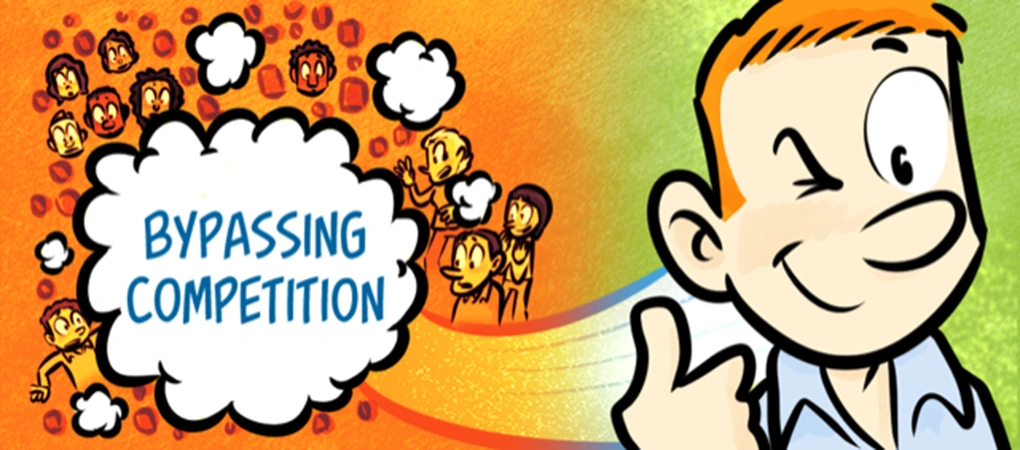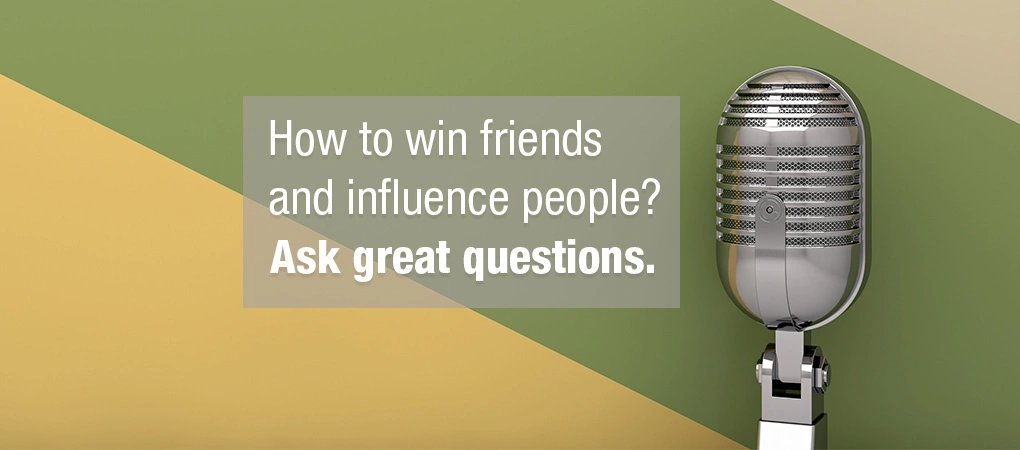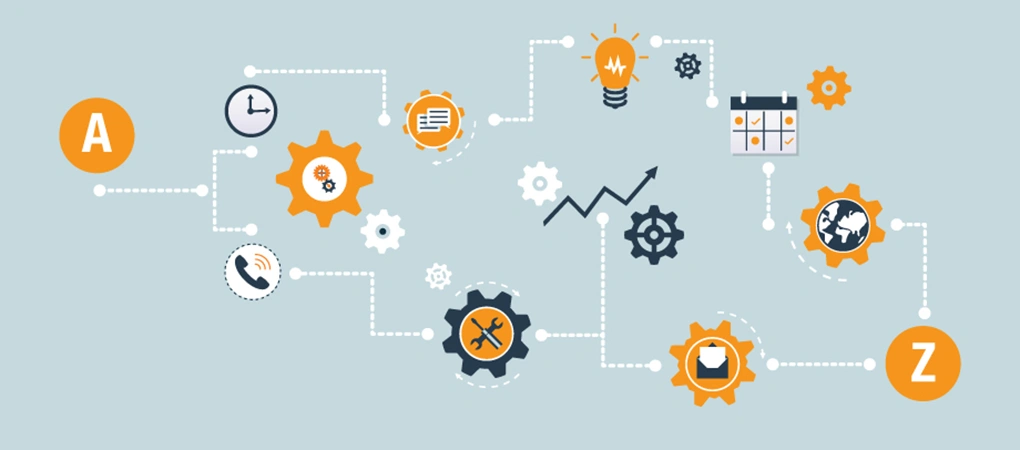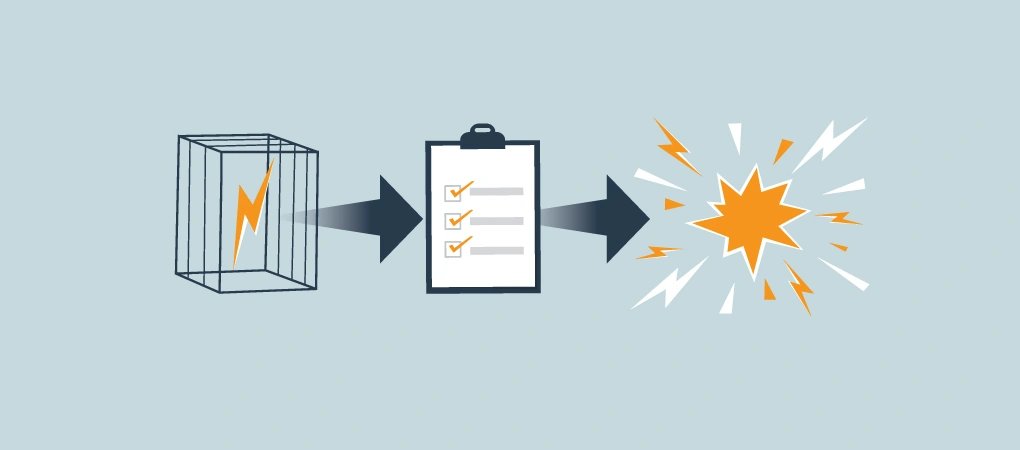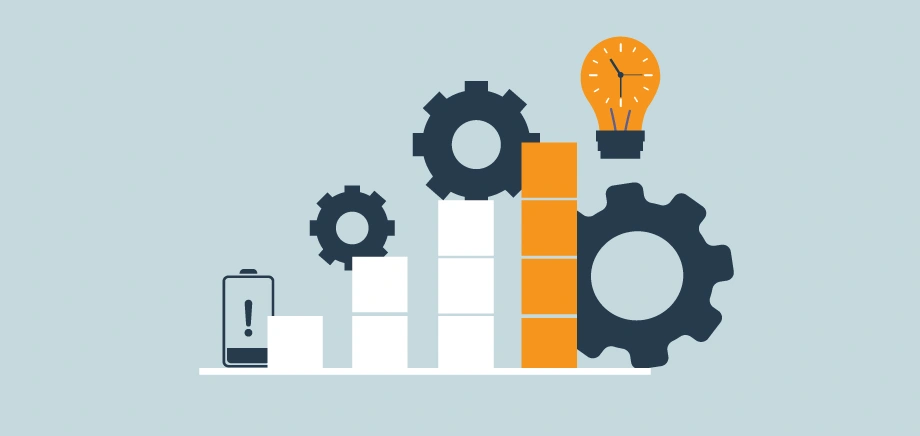3 Steps To Eliminating Workplace Drama
Shannon Waller

Listen to the podcast below or subscribe to the Team Success Podcast on iTunes.
Taking Control Of Your Ego With Bestselling Author & Speaker, Cy Wakeman
Cy Wakeman is one of my heroes. A drama researcher, international leadership speaker, and highly sought-after consultant, she’s been named one of the Top Global Leadership Gurus by Global Gurus two years in a row. She’s also the best-selling author behind No Ego: How Leaders Can Cut the Cost of Workplace Drama, End Entitlement, and Drive Big Results, Reality-Based Rules of the Workplace, and Reality-Based Leadership. Here’s an excerpt from my Author Interview with her on my Team Success Podcast, where we talk about drama, the cost of it in the workplace, the role of ego, and the three questions we can ask ourselves to step out of drama and into our best selves.
Enjoy!
Workplace Drama: A Leak In The System
Shannon: Let’s jump right in. How do you define drama, and how will people know what drama is and what it’s not?
Cy: The simple definition of drama is emotional waste in the workplace. So it’s energy, focus, productivity, time—whatever metric you want to apply to it—that took away from results and happiness rather than added to it. It’s a leak in the system.
Examples of drama include venting, tattling, gossiping, score-keeping, judging, resisting change, focusing on why we can’t rather than how we could, not being aligned to this organization, and arguing with reality.
And what we were shocked to discover in our research is that currently, the average person, good performer, good person, spends two and a half hours a day at work in drama.
This doesn’t mean they aren’t working hard. This doesn’t mean they’re constantly complaining or venting. That’s just one part of drama. It does mean they’re working, but working with a bit of a grudge or chip on their shoulders or a sense of a story that they’re not valued or that they’re underappreciated or that they’re under supported by their world.
And when you look at the numbers, two and a half hours a day means 816 hours a year. If you’re a leader or business owner, and you’re looking for how to really give your business a shot in the arm, if you think about the opportunity to recapture and upcycle 816 hours per year per person in your organization and focus it instead on customer service, or sales, or innovation, or product development, it’s really a “terrimazing” opportunity—terrifying that we have this much waste, but amazing that we have this opportunity.
For more great tips on how to show up as your best self in the workplace and beyond, check out The Strategic Coach Approach to Being Present. It’s your easy guide to better relationships, productivity, and well being.
Why We Often Step Down Rather Than Step Up
Shannon: You also talk a lot about something you call BMW, which I think is really fun. Can you define that for us?
Cy: Sure. BMW driving is something that I use as an acronym for bitching, moaning, and whining. A lot of times, if you had the opportunity to step up and help, and you didn’t, you stepped down and judged. A way to feel better about that is to find people who will reinforce and collude with you that you are the innocent victim.
A lot of times, we do this BMW driving—bitching, moaning, and whining—in “the meeting after the meeting.” Let’s say in the meeting, we stay quiet and let two people dominate the meeting with resistance, and we think they’re the negative ones. Rather than speaking up and using the power we have, rather than just raising our hand and saying, “I would like to move the meeting to focus on how we can accomplish this,” we sat down, we stayed quiet. Then we gather in the meeting after the meeting in the hallways or the cubes or the parking lots and BMW drive—bitch, and moan, and whine—about how the leader never does anything about the resisters and how we’re much more positive than the negative people are, especially when we talk negatively about all of them.
It’s this whole thing we get into that really is a form of venting and a form of release, but what ends up happening is, when we BMW drive together, we come to false conclusions that our problem is our reality and that we would be successful if only our reality were different.
The thing is, your circumstances aren’t the reasons you can’t succeed. They are the reality in which you must succeed.
You Are Not Your Thoughts
Shannon: Sometimes we can be very oblivious to when we’re in ego, but I think drama is caused by the ego, so let’s dive into that, because you have just such a great way of talking and thinking about it.
Cy: The way I explain ego is, it’s getting people to understand how their mind works. One of the big revelations to a lot of people that don’t understand how their mind works is when I share with them the proposition that you are not the thinker. Those thoughts just going through your head, especially if they’re negative and righteous and you feel wronged, are just story. There’s a victim, me, a villain, you, and the plot is always the same: “I was amazing. I was undervalued. I have to be righteous. I’m misunderstood.” It’s this whole insult piece that when people realize that they’re not the ones doing the thinking most of the time, there’s just a tape running in their head, at first that feels a little woo-woo, so what I ask people to do is to notice that when you get up in the morning, if you commence thinking, do you wake up and then say, “I shall begin thinking now,” or when you wake up, are you already being thought?
This is important, because once you realize that you’re not the thinker, you’re actually the observer of your thinking, you get this superpower called the ability to question what you’re thinking and to stop believing everything you think, because the ego would rather find certainty over rationality. The ego will create a story that “I’m in danger and about to be fired” when your boss just called to check on a project. A lot of people just don’t realize, it’s like you have a toggle switch, a light switch, on your forehead, transparent, imaginary. You are of two selves, but those selves are mutually exclusive.
Toggled Down: The Stories We Tell Ourselves In Low Self
Cy: Self one, I call it the low self, is the part of the mind that I label as ego. Now, some parts of the ego are helpful to us, but we really overuse it, so the low self is this part in your mind that is always scanning the environment. It finds insults where there aren’t any. The ego really survives on anger, insults, and righteousness, and so it’s always adding an interpretation or a judgment. Somebody walks by you and doesn’t say, “Hello,” the ego is uncomfortable just leaving it at that. The ego’s the part of you that says, “Ooh, I know what this is about.” Well, no, you don’t, but instead of moving positively, assigning benefit of the doubt, the ego moves to the scariest situation ever.
That part of you that is toggle switch down, you’re seeing the world through a pair of prescription glasses that is corrupted. Your read on the world is not neutral and not accurate, so you’re the victim of your circumstances when you’re toggled down. You’re seeing the world through this lens of ego. If you suffer, it’s because of something that happened in your reality, so you feel better by venting, tattling, score keeping, judging.
Toggled Up: Thinking Clearly In High Self
Cy: When you’re toggled up, you’re in high self. You’re using all of your brain, more of your intelligence. When you’re toggled up, you’re more in your natural state that’s not out of fear. If you think about your most comfortable, in-the-zone moment, you are confident, not egotistical, but you’re innovative, and you’re coming up with great ideas, and you’re a good team partner. We don’t have to train you on communication. You’re naturally a curious person who leads with benefit of the doubt. All those things we want you to be—innovative, collaborative, engaged—is your natural state. Same person. Toggled down, ego toggled up, high self.
Moving Out Of Ego
Cy: Now, how do you get from low self to high self? The simple act of self-reflection will get you there, because a weird thing about the mind is, you can’t be judging and helping at the same time. You can’t be venting and self-reflecting at the same time. Those things are mutually exclusive. You can’t do them simultaneously, so most leadership philosophy would have you try to bring people to insight when they’re still toggled down in ego, feeling the victim. What we’ve done to modernize leadership is give leaders techniques we call the ego bypass that move people into higher levels of consciousness.
Now we can come together as our best selves, our most evolved selves, and do great work together. The bonus prize to this is, being in high self puts you in a natural state of happiness, because happiness is about accountability, and the foundation of accountability is self-reflection. So self-reflection also moves you directly into happiness and engagement because it’s the foundation of that focus. It gets you behaving in ways that you can be happy about.
A lot of times, people are unhappy not because they don’t have what they need externally, but because of the way they’re behaving.
Editing Your Own Story: Three Essential Questions To Avoid Workplace Drama
Cy: One of the things that is so liberating and freeing for people is when they start to question their own thinking and edit their story. There are three questions that we begin with to help people loosen the grip of their ego on their reality, and they’re questions that drive self-reflection, which is what moves us to high self. There are a couple tools that we use to do that as well, so let me give you an example.
My boss calls me up and asks me how I’m doing on a project, and I just stick with literally what’s happening: He called, I picked up the phone, he asked a question, I look on my system, I’m two weeks behind.
So far, if you look at the reality of this thing, nothing painful has happened. I answered the phone. That didn’t hurt. I answered the question. That didn’t hurt. I’m behind on a lot of things. That’s my reality. I choose where to put my priorities. Nothing hurt so far. There’s no pain in my life. The reality is not painful.
But when, without questioning, I start to tune in to the story in my head, it sounds something like this. “This is a setup. There’s 150 projects he could have checked on, but he only checked on the one I was behind on. He’s saying the board was interested in that, but really, or did he just throw me under the bus? Wait a minute. A plot is evolving here. He is trying to get me fired. He’s trying to discredit me with … Oh, my gosh. I’m getting fired.”
Now I’m believing my story.
Part of editing your story is as simple as not keeping it in your head. It’s writing down, without editing or censoring, everything as if you were telling your best friend privately about your real thoughts about this person. Write down everything, walk away from it for just a few moments, then come back. Do not do this simultaneously. Spill it, and then edit it. Go back and line for line clean it up back to neutral.
-
What Do I Know For Sure?
This is the first question that sets you free from workplace drama.
“What do I know for sure? I know he does this on purpose.”
Do you really know that for sure? If not, cross it off. Cross off any bald-faced lies. “He’s completely unsupportive.” Well, he gave you lunch yesterday, so he supported you in nutrition. Cross it off. “I know where this is going to go.” Any future predictions? You’re not psychic. You don’t know where it’s going to go.
As you cross it off and then leave it, then review it again, you’ll start to find layer after layer after layer of story. When you think it’s clean, go back again, until your story gets down to the point where it’s just, “My boss called. He asked me a question. I answered it.” Anything else is story.
We talk a lot about this beautiful question, because when I am in story, my sympathetic nervous system is activated. My brain’s high on dopamine and cortisol. My heart rate is up. Blood is leaving my brain to protect my organs. I’m putting myself in the worst place to make any business decision or call. Most of us move through our business day in the worst physical and emotional state by which to do business. It’s also the unhappy state.
-
What Can I Do To Help?
When I ask myself what I know for sure and I get to neutral, the next question I ask myself is, “What can I do to help?” To stop judging and start helping, it’s like, “What could I do to help? What’s my deal? Well, I don’t like my boss calling me multiple times a day. He should quit micromanaging.”
That’s the ego’s version.
If I say, “I would like my boss to trust me more. What could I do to help?” instead of going to my boss and saying, “Ease off and stop micromanaging, and you should create psychological safety for me,” I go to him and say, “What is something I could do that would increase your confidence in me? How could I help to lessen the phone calls needed for you to check on projects?”
Now, here’s where you can see whether you’re authentic or not. He might say, “Well, you could, like everybody else, put your information on the shared drive and keep your SAS reports up to date, and I wouldn’t have to call you.” See, if you really want to help, and you’re not in ego, you’re like, “You know what? I can do that.” If you’re in ego, you’ll be like, “Yeah, but anything besides that.” Right?
-
What Would Great Look Like?
This is the ultimate question that supersedes all ego.
So, “If I were great right now, I wouldn’t be ego chafed by a check-in call from my boss. I would gladly be answering questions, asking for feedback, finding better ways to move through the world.”
When I ask people, “What would great look like?” and they go, “I don’t know,” they do know. They just use this information for evil to judge other people on, and I’m asking them to use it to call themselves up to greatness.
Everybody knows what great would look like, and then as a leader, I just have to say, “If you already know what it looks like, then go do that.” And like you said, the payoff isn’t to make money for your company. The payoff is, you get to feel great, because who doesn’t feel great when they were kind and compassionate, and did the right thing, and helped people out once in a while?
Shannon: That is such an inspiring question, because it completely gets you out of any drama and into making a contribution. Anytime we show up as great, it’s incredibly fulfilling, incredibly rewarding. It makes us happy, so forget what it does for somebody else, which is probably solve a problem. That’s that recipe for happiness that you talked about at the beginning.
CY: Exactly. What we’ve found with just those three questions, and I covered these in my TEDx Talk last year, how they changed my personal life, but these three questions loosen the ego’s grip, and all of a sudden, you find your reality not so threatening.
Liked what you read here?
This is only the tip of the iceberg. Listen to the full interview to learn why engagement without accountability creates entitlement. We also share a new, more effective performance review and Cy’s tool for self-reflection and fact-finding to coach yourself and others to stay out of drama.
Here’s to your drama-free team success!
